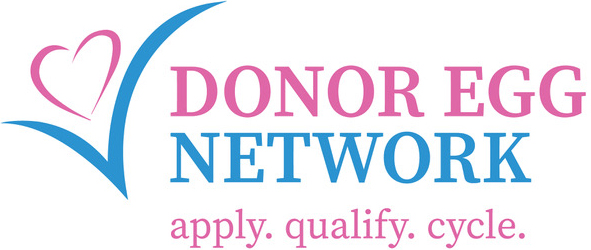Can I Exercise During My Egg Donor Cycle?

As most young women who consider participating in an egg donation cycle are fit and healthy, the question of whether it is OK to exercise during an egg donation cycle comes up quite frequently.
Follow Your Doctors Advice
However, we always recommend following your physician’s advice regarding when to keep exercise to a minimum or stop completely for a short time frame.
The injectable fertility medications used for egg donation for the 10 – 12 days leading up to retrieval are the same ones used by women pursuing IVF. Therefore, the same restrictions that apply to your future egg recipients around exercising during ovarian stimulation apply equally to you.
Injectable medications are used to stimulate the ovaries and follicular growth, which can cause your ovaries to grow in size and become tender so during this short “window,” most clinics will encourage donors to continue with some form of mild exercise, such as walking, but will advise donors to avoid strenuous exercise or activities that can exacerbate your tender pelvic and abdominal region.
Avoid Strenuous Exercise When Donating Eggs
Once you’ve started your egg donation cycle, which means you’re taking injectable medications, you should avoid strenuous exercises. We recommend staying away from:
- Strenuous aerobic exercises
- Running
- Kickboxing
- Twisting (if you do yoga or Pilates, avoid positions or movements that include twists or inversions)
- Gymnastics
- Horseback riding or jumping
- Rock climbing or extreme cycling
- Bouncing or jumping (like on a trampoline)
In addition, your physician may ask you to discontinue swimming or using bathtubs during the stimulation process as you may be exposed to bacteria, infection, and potentially dangerous chemicals in chlorine.
Strenuous exercises risk increasing your physical discomfort or inflammation, which could compromise your egg donation cycle. Your well-being is the top priority during this phase of the donation process.
If you are typically a high-impact exercise type of gal, you’ll need to scale back during the stimulation and retrieval phase of the process. The good news is that you only need to press pause on your higher-impact routine for two to three weeks. Then, once the eggs are retrieved, and you’ve had your first period, you can go back to exercise as usual.
Do Focus on Mild- to Moderate Exercises
Again, any exercise plan you consider should be approved by the physician overseeing your egg donation cycle. Most mild to moderate exercise forms are allowed, as long as they avoid twists and inversions. Some of our donors’ favorites include:
- Long walks or hikes
- Taking a gentle yoga class or a moderate-impact class but skipping the poses that include twists or inversions
- Riding a bicycle
- Gentle stretching
- Upper body weights or weightlifting
Once the egg retrieval process is complete and you’ve had your first period, your physician should clear you for your more intense exercise routine again.
Exercise is good for you
The good news is that exercise can help support your egg donation cycle by providing natural relief from pain and discomfort. Many women experience tenderness and bloating in their pelvis when taking hormonal injections. The endorphins and oxytocin released after 30 minutes of exercise combat this discomfort.
Using fertility medications may trigger a more intense experience of PMS. A 2018 study demonstrated a link between exercise and relief from menstrual discomfort, which bodes well for those who donate their eggs.
Listen to your body
Again, the egg donation cycle takes between two and three weeks from start to finish. Avid exercisers should not have to refrain for very long. We recommend listening to your body.
Listen to your body and never push through or go against its instincts. A woman’s body always knows best. If exercise isn’t calling to you, that’s just fine. Concentrate on eating nourishing foods and healthy lifestyle choices instead. To support the process, make an effort to avoid inflammation triggers, such as alcohol, refined sugars, processed foods, foods high in salt or saturated fats, etc.
Are you interested in learning more about egg donation, as well as the dos and don’ts while you’re donating eggs? Contact the Donor Egg Network to start a conversation. We’re happy to answer any questions and promise to put your health, wellbeing, and future fertility first.


